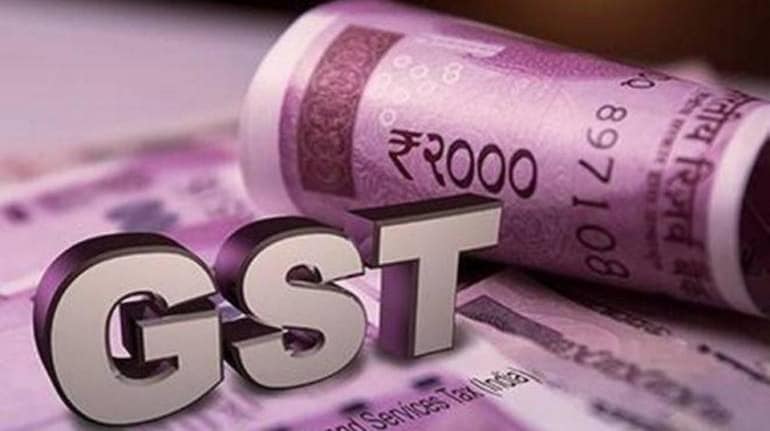



The Telangana government on Monday asserted the Centre has no option but to pay full GST compensation to states and said the southern state lost about Rs 8,000 crore income during the past four months on account of lockdown to contain COVID-19. MPs from the state will raise the issue in Parliament and the TRS government, if necessary, will knock the doors of courts over the Goods and Services Tax (GST) issue, Finance Minister T Harish Rao told reporters after a virtual meeting with his counterparts of five states.
Unfortunately the Centre is trying to shy away from its responsibility of paying GST compensation to states in the name of act of God and COVID-19. It is not fair on the Centre's part to tell states to borrow (for GST loses)," he said. The meeting was attended by the finance ministers of Punjab, Delhi, Chhattisgarh, Kerala and West Bengal, besides Telangana, official sources said.
It was "loud and clear" that as per the GST Act, the Centre will compensate if the states tax revenue growth was less than 14 per cent, Rao said, adding it did not mention anything about COVID-19 or natural disasters. A resolution was passed in the GST Council when Arun Jaitley was the finance minister, Rao said.
Telangana, during the past four months, has lost 34 percent of its income. The state has lost approximately Rs 8,000 crore during the past four months, he added. He said Chief Minister K Chandrashekhar Rao has written to Finance minister Nirmala Sitharaman on the issue.
Telangana would have additionally earned Rs 25,000 crore had it not joined the GST regime as it accepted the new tax regime in the interest of the nation, he said. The Centre has suggested states could borrow either via special window it will facilitate through the RBI or raise debt from the market to make up for the Rs 2.35 lakh crore shortfall in GST revenues expected in the ongoing fiscal.
Discover the latest Business News, Sensex, and Nifty updates. Obtain Personal Finance insights, tax queries, and expert opinions on Moneycontrol or download the Moneycontrol App to stay updated!
Find the best of Al News in one place, specially curated for you every weekend.
Stay on top of the latest tech trends and biggest startup news.